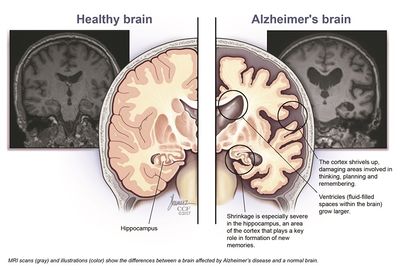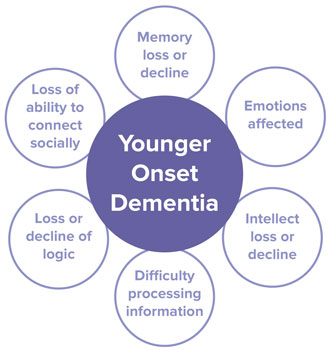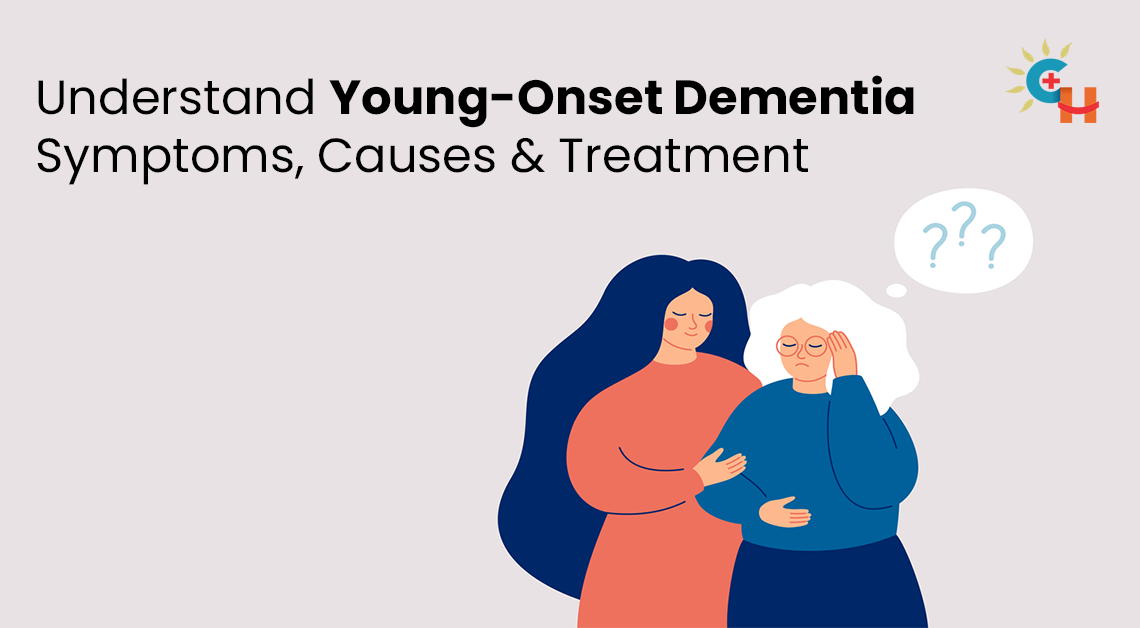Comprehending the Effect of Mental Deterioration on Day-to-day Live and Caregiving
Mental deterioration affects daily life in extensive ways, impacting not simply those detected but also their caregivers. As cognitive decrease advances, you could observe modifications in communication and regular that difficulty both parties.
The Phases of Mental Deterioration and Their Impacts on Daily Life
As you browse the trip of dementia, understanding its phases can substantially affect just how you take care of everyday life. Mental deterioration commonly proceeds through 3 main phases: early, center, and late. In the very early stage, you may discover occasional memory gaps or problem discovering the best words. This can bring about aggravation, but acknowledging these indications early helps you adapt your routine and look for support.
Throughout the center stage, you'll experience more recognizable cognitive decrease. Daily tasks could end up being challenging, and maintaining your independence might require modifications. Utilizing reminders and streamlining your environment can help.
In the late phase, people typically need considerable assistance with everyday tasks. Planning for care ends up being essential, focusing on convenience and lifestyle. By recognizing these phases, you're far better furnished to respond proactively, guaranteeing you or your loved one can browse the challenges with dignity and poise.

Modifications in Interaction and Social Interaction
Exactly how do modifications in communication influence your daily communications as mental deterioration proceeds? As mental deterioration advances, you may notice that straightforward discussions end up being challenging. Words might leave you, or you may have a hard time to find the best phrases. This can cause frustration for both you and your loved ones. Nonverbal cues, like motions or face expressions, end up being increasingly vital.
You may locate it easier to attach through these ways instead of depending entirely on talked language. Listening skills can additionally change; you may locate it tougher to comply with discussions or remember what was just claimed (Vascular Dementia). This can cause misunderstandings or feelings of isolation
Motivating perseverance and creating a supportive atmosphere can help. Engaging in tasks that cultivate link, like songs or art, can boost social interactions. Bear in mind, maintaining connections is still feasible; it's simply around adjusting to new means of interacting.
Influence On Daily Routines and Activities
While navigating day-to-day routines, you'll likely notice that tasks you when finished easily come to be more difficult as mental deterioration proceeds. You may discover on your own forgetting steps in acquainted routines or battling to recall where you placed items.
Planning your day can really feel frustrating, making it more difficult to adhere to a timetable. You might need suggestions for visits or to take drugs. Adapting your environment can assist; for circumstances, labeling products or utilizing checklists can streamline tasks. Taking part in recurring, structured tasks can likewise give comfort and a feeling of achievement. Keep in mind, it's okay to request for help. Surrounding on your own with helpful pals or household can make handling these changes a bit simpler.
Emotional and Behavioral Challenges
Guiding with day-to-day routines can cause not simply sensible difficulties, however behavior and additionally emotional ones. You may observe modifications in mood, such as raised anxiety or aggravation, which can originate from confusion or difficulty in completing jobs. As you browse these minutes, it is crucial to acknowledge that your enjoyed one might express their sensations through behaviors like agitation or withdrawal.
These psychological feedbacks can be unforeseeable and might develop without caution, leaving you both feeling bewildered. You may locate that familiar settings or regimens can aid lower stress and anxiety, yet keeping perseverance becomes substantial. It is necessary to validate their sensations, even if you do not fully comprehend them.
The Role of Caregivers in Sustaining Individuals With Dementia
As a caregiver, you play an essential role in giving psychological support for individuals with mental deterioration. Establishing everyday care routines can create a feeling of stability and convenience, assisting to relieve their stress and anxiety. By recognizing their needs and using effective approaches, you can substantially enhance their top quality of life.
Psychological Support Strategies
When taking care of someone with dementia, recognizing the emotional landscape is vital for supplying reliable support. You'll commonly locate that persistence and empathy go a lengthy means. Verify their feelings; if they express complication or frustration, acknowledge it without dismissing their emotions. Straightforward gestures, like holding their hand or keeping eye contact, can create a complacency. Try to participate in tasks that they appreciate, as this can trigger joy view publisher site and link. Bear in mind to connect plainly and gradually, using a tranquil tone. Encourage expression through songs or art, which can serve as a powerful outlet. Inevitably, don't neglect to deal with your very own emotional needs; seeking assistance on your own can boost your capability to take care of them.
Daily Care Routines
Developing everyday treatment routines is essential for giving stability and convenience to people with dementia, as these regimens can aid decrease complication and stress and anxiety. You can begin by describing a regular schedule for dishes, tasks, and remainder. This predictability assists your enjoyed one feel a lot more secure and engaged.
Include acquainted tasks, like folding washing or watering plants, which can stimulate positive memories and promote a feeling of accomplishment. Use aesthetic signs, such as lists or schedules, to guide them with the day.
Be adaptable, though; adjust routines as needed based upon their mood or power degrees. Frontotemporal Dementia. Bear in mind, your patience and understanding are important in steering their transforming demands, ensuring they really feel supported and valued throughout their day-to-day live
Producing a Safe and Comfy Living Setting
Creating a safe and comfortable living atmosphere is necessary for people with mental deterioration. You'll wish to make home safety alterations that decrease risks and assure knowledge to give a sense of comfort. By concentrating on these More Help aspects, you can help produce a room that sustains both safety and health.
Home Safety And Security Modifications
As you navigate the obstacles of dementia, making home safety and security adjustments can greatly boost comfort and protection. Label important locations, such as the bathroom and kitchen area, with clear signs to assist with orientation. These adjustments not just promote safety and security however additionally encourage freedom, allowing your liked one to really feel more at simplicity in their setting.
Comfort and Experience
After guaranteeing a risk-free setting with required modifications, fostering comfort and familiarity is important for individuals with mental deterioration. Keep a constant regular to assist them feel grounded and reduce anxiety. Engaging in acquainted tasks, such as listening to music or horticulture, can boost their feeling of belonging, making their living atmosphere a true sanctuary.
Approaches for Reliable Caregiving and Assistance
While navigating the difficulties of dementia treatment can feel overwhelming, implementing reliable methods can substantially enhance both the caregiver's and the person's day-to-day experience. Begin by developing a regimen; predictability helps in reducing anxiousness for both you and your enjoyed one. Use clear, simple interaction-- straight concerns and short sentences can prevent complication.

Don't fail to remember to look after yourself; schedule breaks and get in touch with assistance teams. Sharing experiences with others in comparable scenarios can offer beneficial understandings and emotional relief.
Last but not least, continue to be individual and flexible. Dementia can bring uncertain adjustments, so adapting your approach is important. By employing these approaches, you can promote a much more positive environment that profits both you and your liked one.
Frequently Asked Inquiries

What Are the Different Kinds of Mental Deterioration?
You'll locate numerous sorts of mental deterioration, consisting of Alzheimer's, vascular mental deterioration, Lewy body mental deterioration, and frontotemporal mental deterioration. Each kind impacts memory and cognitive function in a different way, so recognizing the distinctions is important for appropriate diagnosis and treatment.
How Can I Aid A Person With Early-Stage Dementia?
You can help somebody with early-stage dementia by holding your horses, providing support, and encouraging them to involve in tasks they appreciate. Maintaining regimens constant and preserving open communication can also make a significant distinction in their life.
Exist Financial Resources Available for Dementia Care?
Yes, there are financial sources readily available for mental deterioration care. You can explore federal government help programs, nonprofit companies, and insurance policy alternatives. It's likewise smart to speak with local firms for certain resources customized to your circumstance.
What Legal Factors To Consider Should Caregivers Recognize?
As a caregiver, you should take into consideration power of attorney, medical care proxies, and guardianship legislations. It's vital to understand the lawful rights and obligations you hold, ensuring your enjoyed one gets appropriate treatment and protection.
Exactly How Can I Handle Caretaker Tension?
You can deal with caretaker tension by focusing on self-care, seeking assistance from buddies or teams, setting practical assumptions, taking breaks, and exercising relaxation methods. Remember, your wellness matters equally as much as the individual you're caring for.
Recognizing the Impact of Mental Deterioration on Daily Life and Caregiving.
As you browse the journey of dementia, recognizing its stages can noticeably impact how you manage day-to-day life.While steering everyday regimens, you'll likely discover that tasks you as soon as completed easily come to be a lot more challenging as dementia advances.Developing day-to-day treatment routines is necessary for giving stability and comfort to people with mental deterioration, as these routines can assist lower confusion and anxiety.While navigating the difficulties of mental deterioration treatment can feel overwhelming, applying reliable approaches can substantially improve both the caregiver's and the client's everyday experience.